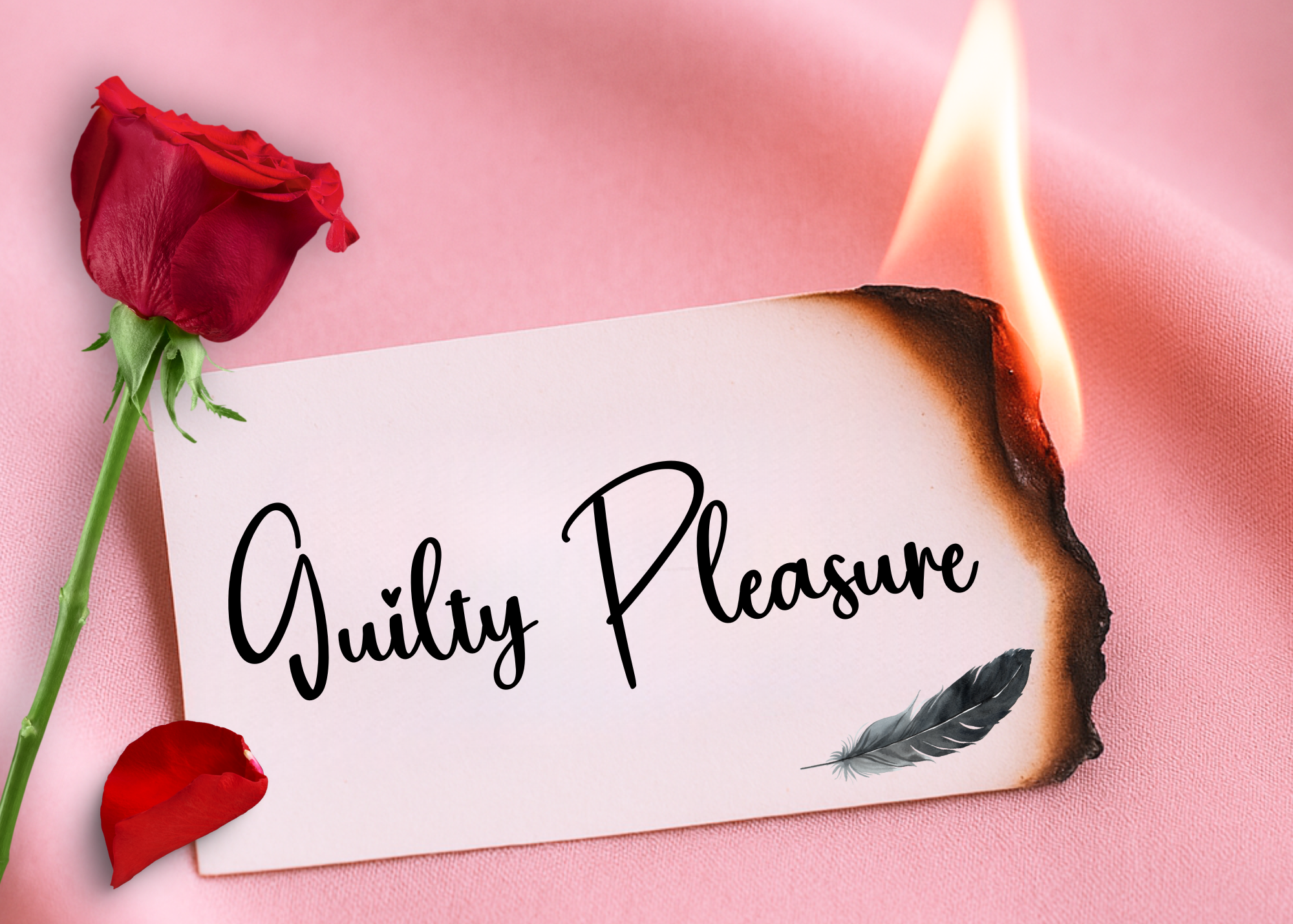It's Not Porn, and I'm Not Apologizing: Romance, Erotica, and What Sex on the Page Really Means
She called it "porno for housewives." I called it a story that saw me. This post is about what romance novels actually are—what they do, why they matter, and why I write sex with zero shame.

Shame Can Be a Hand-Me-Down, and I’m Done Wearing It.
I write sex. On purpose. In detail. With zero shame.
If that makes you clutch your pearls—or if you’ve ever uttered the term mommy porn with a self-satisfied grin—you’re not my audience. That phrase always comes with a smirk, a snort, or a condescending chuckle, usually from someone who wouldn’t know a character arc if it bit them in the plot twist. I’ve heard it. You’ve heard it. And honestly? It’s getting old.
Sadly, I learned early what many people think of romance novels. I devoured hundreds of them as a teenager—those glorious, over-the-top 1980-something bodice-rippers—without a flicker of guilt. It never occurred to me that I should feel ashamed. That is, until someone else handed me the shame.

